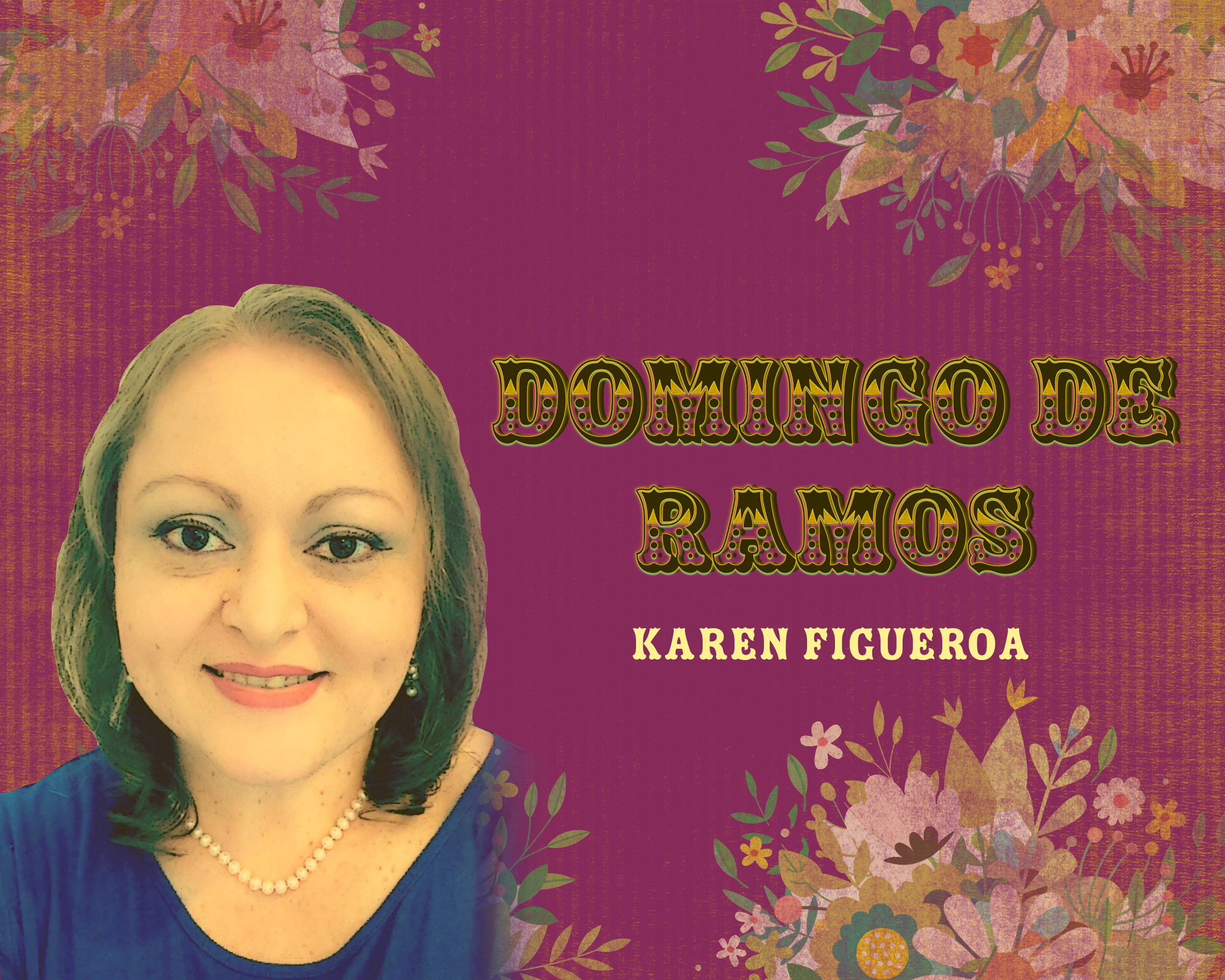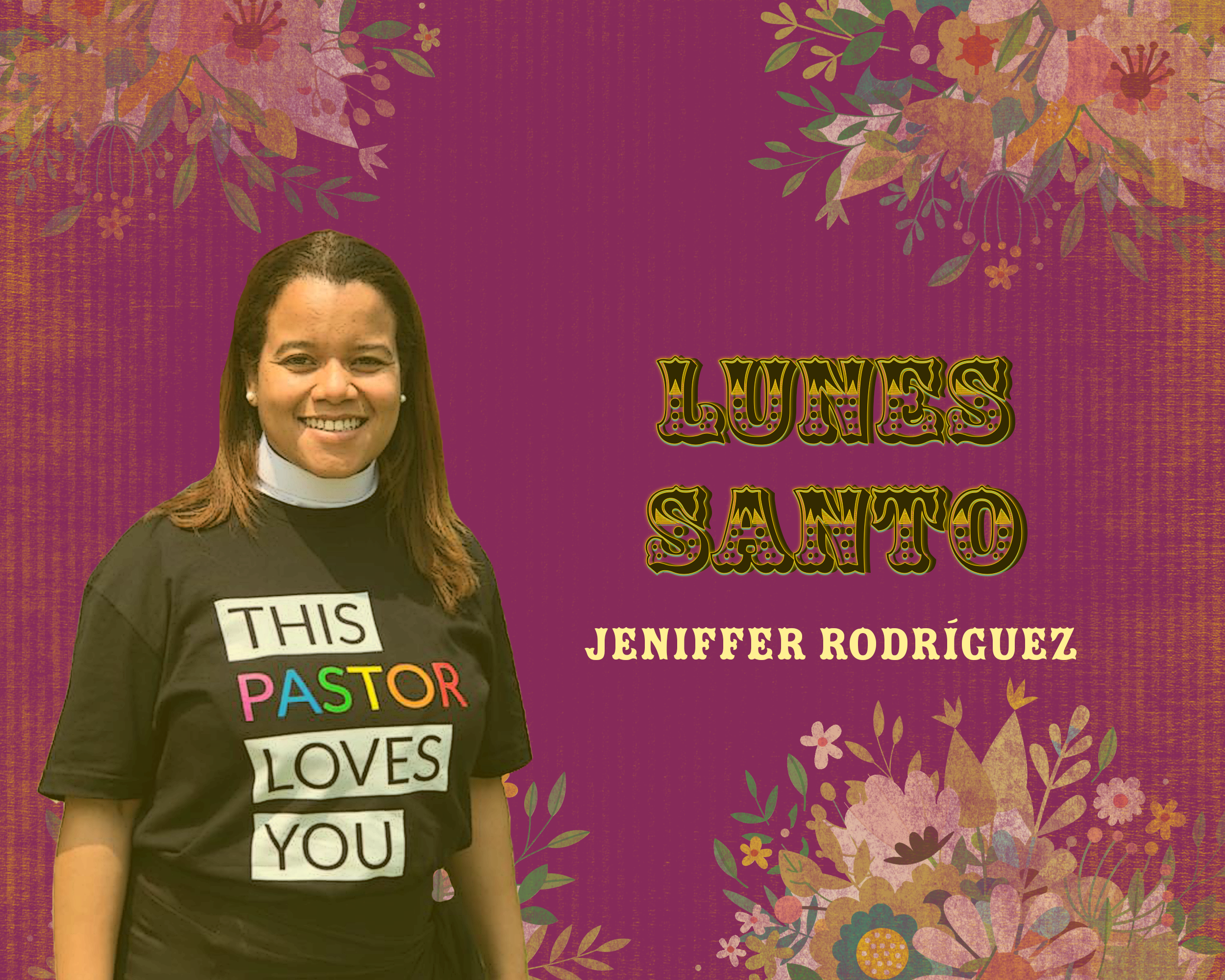Psalm 118:1-2, 19-29 and Luke 19:28-40
In the Old Testament God appointed judges and prophets to speak to His people. Judges had godly influence in Israel, and they were meant to lead His people to repentance and victory over their enemies. Deborah was an unprecedented leader because God appointed her to an esteemed position where only men were commonly assigned. Deborah held court beneath a palm tree, and it was in that setting that she would warn the Jewish community and urge them to step away from their evil ways and return to God. Palm trees were also an important symbol of victory, especially for the people of Israel.
In the New Testament, Palm Sunday focused on Jesus when he came into Jerusalem riding on a donkey as King, which later led to his crucifixion. Palm branches were used by the people in Jerusalem to usher Jesus into the city while they shouted “Blessed is the King who comes in the name of the Lord! — Peace in heaven, and glory in the highest heaven!” Luke 19:38 NRSV. As Jesus was making his way into the city, the crowd welcomed him as king and many of them spread their clothes on the road for the donkey to walk on and they did the same with the palm branches. For a long time, they had been waiting for their promised king, but this was soon to change. God made a promise to the Israelites that He would send them a king, their Messiah, and establish a kingdom to last eternity. All oppression from any other kingdom would disappear and they would live in peace, prosperity and joy forever! The fulfillment of this promise would change the entire fate of humanity, including that of animals and the rest of creation.
The Israelites were excited that Jesus, the Son of David, the Messiah came to overthrow Rome and conquer the whole world to establish peace. Jesus had other plans and even though He fulfilled God’s promise, He did not meet people’s expectations. Those waiting for the establishment of His Kingdom were expecting political and social deliverance. The religious authorities were evil and were defying God. Jesus was predicting his own death while at the same time disturbing the religious leaders, pushing them closer to the inevitable. Roman authorities and Jewish religious leaders did not believe Jesus was the Messiah, but they accused him of claiming to be a king and this would lead to his death.
Therefore, Palm Sunday not only marked the final week of Jesus’s life, but it also marked the vital and sacred space where God came to meet with humanity. Jesus had a divine appointment with His mission and the time had come! God came in human form to deliver His people. The story developed in a magnificent way and God’s actions begun to take place by riding a donkey, symbolizing peace and demonstrating the nature of His kingdom. As we picture this scenario, let’s think of God’s action and the encounter Jesus was about to have with his people. A few questions come to mind, where are we in this picture? Is Jesus the king we are expecting to save us from all evil? Is Jesus a man like any other or is He the one that transforms our lives for His kingdom? Who is Jesus?
Palm Sunday is the beginning of the end. The triumphal entry marked the victory over the exile but also the eschatological hope found in Jesus. It is through Him that God’s kingdom is present and He is the one that speaks for God, Jesus was doing the will of God. All the actions that took place in this moment were deliberate and done with humility. The people’s response suggested a spontaneous royal affirmation with the wrong expectation of liberation. They had seen the miracles that Jesus performed but it was Yahweh who had healed the sick and had calmed the seas. Jesus embodied, in some mysterious way, the very presence of victorious Yahweh as His people would experience a new exodus. This moment was the inauguration of God’s kingdom by closing the gap of judgment of His people through the death of Jesus, hence Salvation is a gift of love for all those that receive it. But you see, we could not enter this kingdom if Jesus was not crucified in our place. We would still be guilty with no hope of being forgiven, and with no possibility of being allowed to enter paradise. The steadfast and perfect love of God is manifested on Palm Sunday. God came to meet us through Jesus Christ, propitiating a moment of judgment and decision. It appears that being in the Jesus kingdom is to love him enough that we would all stand up for Jesus in His time of suffering. The irony is that the same crowd that cheered on Jesus entering the city on Palm Sunday was either nowhere to be found or simply silent on Good Friday. Jesus was full of expectancy of what He was showing and bringing to His people by his action of love, but they didn’t understand it.
Today is the day that Jesus comes to visit you, God comes to visit you through Christ. God comes to propitiate a moment of salvation. Therefore, the question arises: Who is Jesus? This Jesus is God in human form. He is God in us! That’s why he can save us! Because by sharing our nature, he understands our problems and our needs. This Jesus is the one who clearly demonstrated, by his actions, that he was the one sent by God. By the miracles and signs made by him, by his teachigs and words we see that God was at work in him. This Jesus is the one who is by your side right now, even if you cannot understand him; he is the one who has taken care of you from the beginning; he is the one who has brought you to read this. It is evident, it is clear that Jesus is the one sent by God.
Today is the beginning of the end, the moment of encounter, the moment of decision. Today you can look from afar and criticize, thus losing the opportunity for life and peace in Christ. Or you can take your palm branches, lay them at his feet, and say, “Blessed be the King who comes in the name of the Lord!” Once you do, you no longer are under judgment, you are free and able to enter his Kingdom! You may shout! “This is the day that the Lord has made; let us rejoice and be glad in it.” Psalm 118:24.
Loving God,
We praise you for having a special encounter with us today! Give us the joy in our hearts as we welcome you with palm branches celebrating the hope found in the Eater story. We desire to abide in you, in your peace and your steadfast love!
In your precious name, AMEN!

Rev. Karen Figueroa resides in Harbor City, CA with her husband Walter of almost 23 years. They have three children: Kevin 21, Daniel 19 and Nina 15. Born in El Salvador, Karen immigrated with her family to the United States in 1991. Currently she serves as the Academic Dean at CHET-Centro Hispano de Estudios Teológicos in Compton, CA. She is an ordained minister with the Evangelical Covenant Church and completed her M.Div. from North Park Theological Seminary. In the future she plans to pursue her PhD in Education and Organizational Leadership. Karen loves serving others by discovering who God created them to be. God has gifted her to be a bridge builder and provide resources where they are most needed. She is a catalyst leader who is intentional about walking alongside people in their journeys of faith. She is a storyteller and one of her passions is to contextualize, write, edit, and translate curriculum. She loves spending time with her family, especially cooking together and in her spare time she watches movies, reads and listens to music. One of her life verses is Psalms 25:4-5, “Make me to know your days, O Lord; teach me your paths. Lead me in your truth, and teach me, for you are the God of my salvation; for you I wait all day long.”



Unbound Social